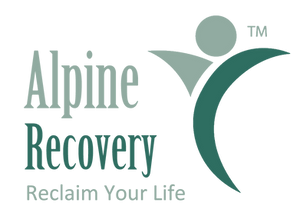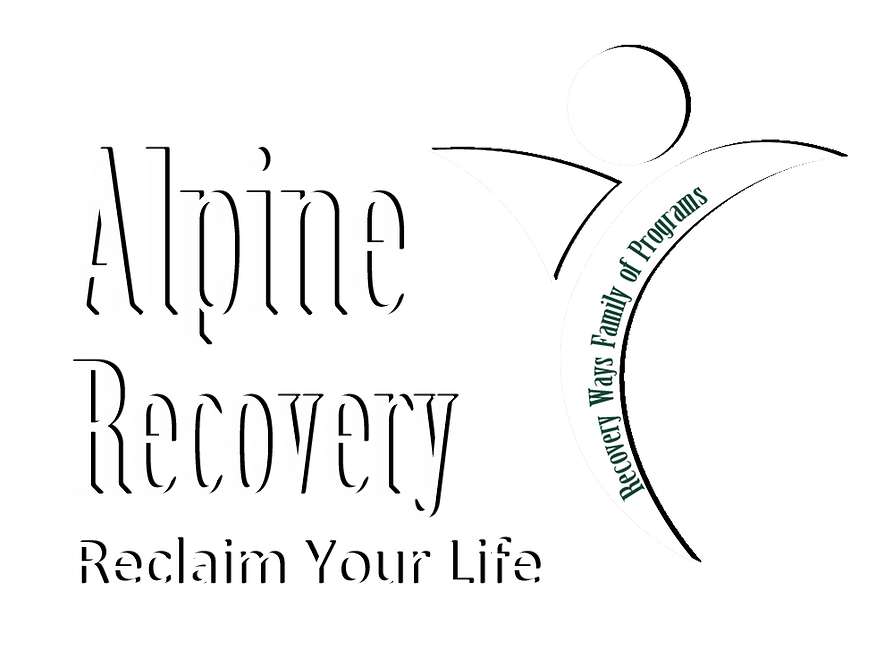Addiction Treatment Center Washington
Table of Contents
Addiction Treatment Options in Washington
Substance use disorders impact thousands in Washington state, creating a pressing need for reliable recovery support. An addiction treatment center in Washington can make all the difference, especially amid challenges like navigating insurance and finding programs in the Puget Sound region. Facilities such as the Kitsap Recovery Center highlight the availability of accredited local detox and rehab programs in Washington, setting a standard for quality care.
Alpine Recovery, located at 16404 Smokey Point Boulevard in Arlington, provides comprehensive addiction treatment Washington through outpatient alcohol treatment in Washington and intensive outpatient programs. These substance abuse recovery facilities in WA offer assessments, partial hospitalization, in-house benefits verification to simplify insurance coverage, and specialized support for veterans. Serving nearby areas like Everett and Seattle, the clinic helps adults restore daily function and reduce relapse risks.
This guide explores drug rehab centers in Washington state and steps to begin your journey. Contact Alpine Recovery at 360-658-1388 for a confidential assessment today.
Overview of Addiction Recovery Areas in Washington
Washington state boasts a diverse landscape for recovery, from bustling urban centers like Seattle to quieter rural communities. As a leading addiction treatment center in Washington, the state provides comprehensive options tailored to various needs. Drug rehab centers in Washington state dot the map, offering everything from intensive programs to supportive aftercare, making it easier for individuals to find help close to home. The Puget Sound region, including areas like Arlington and Everett, stands out as a vital hub for accessible substance use support.
Nestled in this key area, Alpine Recovery operates at 16404 Smokey Point Boulevard, Suite 109, Arlington, WA 98223, serving adults and veterans with specialized outpatient services. Open Monday through Friday from 9 a.m. to 6 p.m., the clinic at 360-658-1388 emphasizes assessments, partial hospitalization, and intensive outpatient programs. Drawing from accredited facilities highlighted in the Best Washington Drug Rehabs guide, Alpine Recovery exemplifies high-quality care with Joint Commission standards, focusing on individualized plans to foster long-term sobriety.
Regional differences shape access across Washington, with Puget Sound offering proximity advantages for those in northern areas, while statewide networks extend reach. Local rehab facilities Washington state like those near Everett provide essential outpatient alcohol treatment in Washington, contrasting urban Seattle’s fast-paced inpatient options.
| Area | Service Types | Accessibility | Specialties |
|---|---|---|---|
| Puget Sound (e.g., Arlington, Everett) | Outpatient, intensive programs, assessments | Local transport from Seattle area, clinic proximity | Adults, veterans, behavioral health |
| Near Seattle | Drug rehab, alcohol treatment, veteran support | Urban public transit, easy referrals | Co-occurring disorders, emergency intake |
| Statewide | Inpatient options, insurance verification | Referral networks, telehealth supplements | Comprehensive detox, long-term residential |
This comparison underscores Puget Sound’s suitability for flexible outpatient needs, as seen in Alpine Recovery’s programs, ideal for maintaining daily life while addressing addiction. Transportation challenges exist for rural residents, yet proximity benefits Arlington locals and Seattle commuters, enhancing engagement in local addiction support networks in Washington state. These regional substance recovery hubs in WA promote hopeful paths to wellness through tailored, accessible care.
Available Services at Washington Treatment Centers
Washington offers a range of comprehensive services at its addiction treatment centers in Washington, focusing on evidence-based care for substance use disorders. These programs address alcohol and drug dependencies through structured outpatient options, ensuring accessibility for residents in the Puget Sound region and beyond. As one of the top drug rehab centers in Washington state, facilities like Alpine Recovery provide tailored support for sustained recovery.
Washington’s WA substance abuse services typically begin with thorough assessments to evaluate individual needs, followed by individualized treatment planning that outlines goals and milestones. Core offerings include ongoing care coordination to prevent relapse and support daily functioning. For alcohol treatment, intensive outpatient programs in Washington deliver intensive outpatient for alcohol treatment, featuring group therapy, counseling, and education sessions several times weekly. Drug rehab options extend to partial hospitalization for more structured daily support, with transitions between levels as progress occurs. According to the Best Washington Drug Rehabs guide, these programs rank highly for their detox and rehab efficacy, with examples like supervised alcohol withdrawal protocols enhancing safety.
Alpine Recovery exemplifies regional recovery programming in Washington, offering outpatient alcohol treatment in Washington alongside partial hospitalization and intensive outpatient services for adults facing substance use challenges. Located near Everett, their substance use treatment Everett includes veteran-specific resources, such as VA-coordinated care, and pathways for employer or legal referrals. The center holds The Joint Commission accreditation, ensuring high-quality, evidence-based interventions that promote long-term sobriety and community reintegration.
Accessing these services is straightforward through multi-channel contacts. Call 360-658-1388 during business hours–Monday through Thursday 9 a.m. to 6 p.m., Friday 9 a.m. to 12 p.m.–or use SMS for inquiries. The Verify Benefits tool on the website simplifies insurance verification, connecting you quickly to appropriate care levels.
Key Factors for Local Treatment in Washington
Choosing an addiction treatment center in Washington requires considering local factors like insurance and proximity to support your recovery. Washington residents can access substance use treatment through Apple Health, the state’s Medicaid program, which covers eligible individuals for outpatient and inpatient services at qualified drug rehab centers in Washington state. For those without full coverage, affordable WA recovery options exist, including sliding-scale fees and in-house benefits verification at facilities like Alpine Recovery in the Puget Sound area. This process ensures quick eligibility checks, often within days, addressing common barriers like cost for outpatient alcohol treatment in Washington, which typically ranges from $5,000 to $15,000 annually but drops significantly with insurance-covered rehab in Washington.
Accreditation is crucial for quality care; look for Joint Commission standards, as seen at the Kitsap Recovery Center and Alpine Recovery near Everett. These ensure safe, evidence-based practices, with success rates around 60-70% for sustained recovery. Proximity to Seattle or Everett minimizes travel, while substance use recovery Washington programs support long-term outcomes for veterans and those with employer referrals.
To select the right center:
- Verify Apple Health or private insurance acceptance.
- Prioritize accredited, nearby options.
- Check veteran-specific resources or referral pathways for seamless access.
Steps to Begin Recovery in Washington
Embarking on recovery at an addiction treatment center in Washington can transform your life, especially through structured programs at facilities like Alpine Recovery in Arlington. As you consider drug rehab centers in Washington state, the initial steps for Washington recovery are straightforward and supportive, designed to ease you into care.
- Contact for Intake: Reach out to Alpine Recovery at 360-658-1388 or via the online form on their website. The team operates Monday through Thursday from 9am to 6pm and Friday from 9am to 12pm. Share your insurance details for quick verification using their Verify Benefits tool. According to best practices from top programs like those highlighted in Best Washington Drug Rehabs, this step ensures seamless access to outpatient alcohol treatment in Washington.
- Prepare for Assessment: Gather medical history and personal goals. Expect an initial evaluation to discuss starting rehab in WA, including options for partial hospitalization or intensive outpatient care. This 45-60 minute session tailors your plan to needs like alcohol detox or substance use support.
- Next Actions and Supports: After assessment, transition into your program. Connect with recovery connections Washington for referrals to community resources, veterans’ services, or legal support. Take the first step today–prompt action leads to lasting recovery.
Your Path to Recovery in Washington
Choosing an addiction treatment center in Washington means accessing quality care like at Alpine Recovery, offering outpatient alcohol treatment in Washington tailored for the Puget Sound region. With easy insurance verification and accredited programs at 16404 Smokey Point Boulevard, Suite 109, Arlington, WA 98223, you can begin sustained recovery in WA today. Contact us at 360-658-1388 or use our online tools for ongoing support in Washington state.
For broader networks, consider referrals to a detox center in florida when needed, alongside local drug rehab centers in Washington state. Embrace hope and community-integrated sobriety with Kitsap Recovery Center’s statewide encouragement.


















